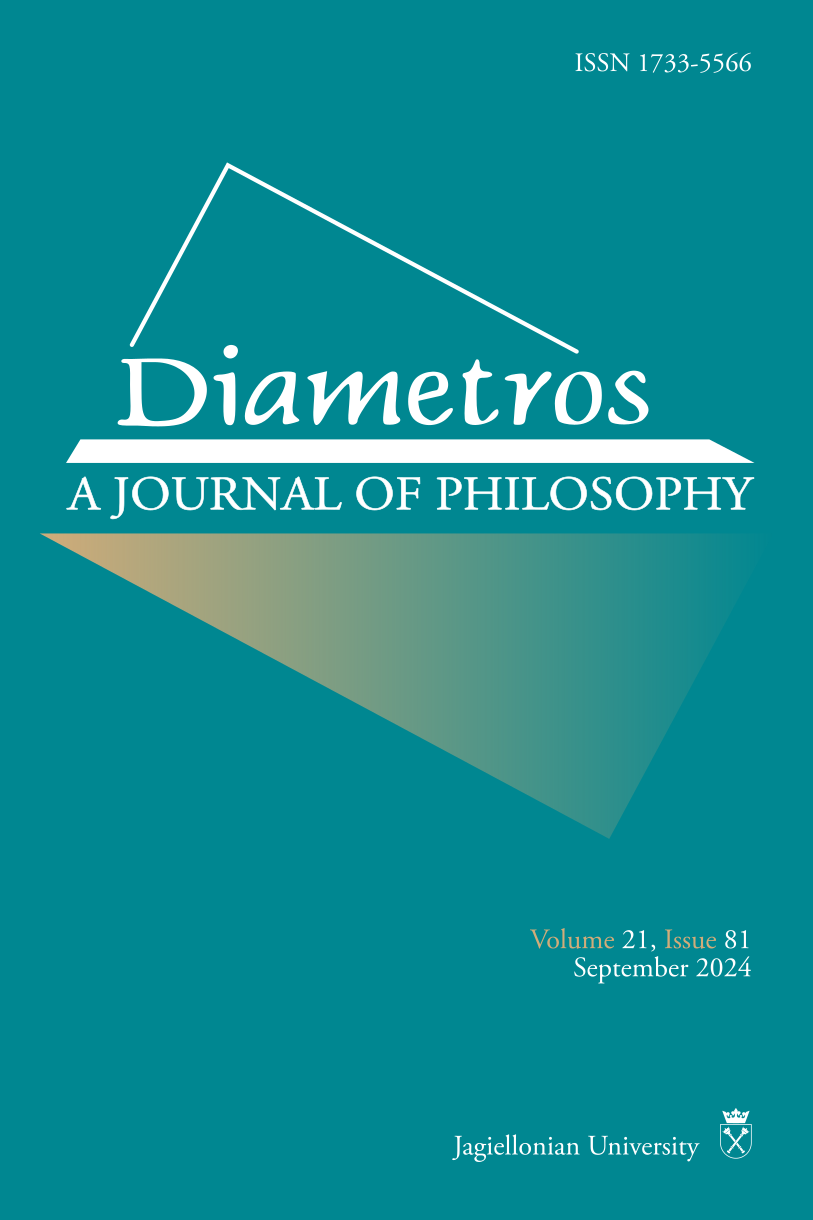A few comments on the background of the article "Off label - practical consequences of unclear legislation"
Main Article Content
Abstract
Polish medical law does not explicitly regulate the possibility of off-label use of medicines. Such procedures therefore raise doubts in medical practice, where medicines are often prescribed beyond the Characteristic of Medicinal Product. This phenomenon particularly affects the treatment of children, as there is a lack of registered medicines in this age group, but they are registered for use in adults. Since such treatment goes beyond the scope of registration, a dilemma arises as to whether it is permissible and, if so, under what conditions and whether sanctions are imposed on the medical professional using the off-label medicine. These issues are addressed in an article by Dr Maria Gutowska-Ibbs, entitled 'Off label - practical consequences of unclear legislation". The present study complements these considerations and is in part an ad vocem statement. The article attempts to differentiate between the use of off-label medicines and medical experiments, following the criterion of the purpose for which a given medical action is performed. The limits of admissibility of such actions under criminal law are also discussed in more detail. Off-label treatment is considered through the prism of the required precautionary rules, compliance with which is the antithesis of inadvertence. It is assumed that if the drug was administered in accordance with current medical knowledge and the treatment is adequate to the patient's condition, there is no violation of these rules, which excludes the imputation of inadvertence. An extensive section of the study is devoted to the issue of the patient's consent to treatment outside the indications. Above all, it emphasises the need to explain in detail to the patient the circumstances of prescribing such a drug and, on this basis, to obtain informed consent. It also stresses the importance of the written form of consent, which can have a significant evidentiary impact in potential litigation.
Article Details
Issue
Section

This work is licensed under a Creative Commons Attribution 4.0 International License.
By submitting his/her work to the Editorial Board, the author accepts, upon having his/her text recommended for publication, that Diametros applies the Attribution 4.0 International (CC BY 4.0) license to the works we publish. Under this license, authors agree to make articles legally available for reuse, without permission or fees. Anyone may read, download, copy, print, distribute or reuse these articles without asking prior permission from the publisher or the author, as long as the author and original source are properly cited. The author holds the copyright without any other restrictions. Full information about CC-BY: https://creativecommons.org/licenses/by/4.0/legalcode.
How to Cite
References
Bojarski M. (1977), Dozwolone ryzyko gospodarcze w polskim prawie karnym, Wydawnictwo Uniwersytetu Wrocławskiego, Wrocław.
Boratyńska M., Konieczniak P. (2001), Prawa pacjenta, Wydawnictwo Difin, Warszawa.
Buchała K. (1989), Prawo karne materialne, Państwowe Wydawnictwo Naukowe, Warszawa.
Buchała K., Zoll A. (2000), Kodeks karny. Część ogólna. Komentarz, Kantor Wydawniczy „Zakamycze”, Kraków.
Dubisz S. (red.) (2018), Wielki Słownik Języka Polskiego PWN, t. 1, PWN, Warszawa.
Filar M. (2000), Lekarskie prawo karne, Kantor Wydawniczy „Zakamycze”, Kraków.
Gutowska-Ibbs M. (2024), Off-label – praktyczne konsekwencje niejasnego prawa, „Diametros” 21(81): 16-32.
Kodeks Etyki Lekarskiej, przyjęty podczas Nadzwyczajnego II Krajowego Zjazdu Izb Lekarskich odbywającego się w 1991 roku i znowelizowany w 1993 roku na III Krajowym Zjeździe Lekarzy oraz w 2003 roku na Nadzwyczajnym VII Krajowym Zjeździe Lekarzy.
Kotarbiński T. (1982), Traktat o dobrej robocie, Ossolineum, Wrocław-Warszawa-Kraków-Gdańsk-Łódź.
Kubicki L. (1988), Medyczny eksperyment badawczy (warunki dopuszczalności w prawie polskim), „Państwo i Prawo” 7: 54-64.
Marek A. (2001), Prawo karne, C.H. Beck, Warszawa.
Petrozolin-Skowrońska B. (red.) (1995), Nowa encyklopedia powszechna PWN, t. 2, PWN Warszawa.
Tokarski J. (red.) (1972), Słownik wyrazów obcych PWN, PWN, Warszawa.
Ustawa z dnia 23 kwietnia 1964 r. Kodeks cywilny (Dz. U. z 2023 r. poz. 1610, z późn. zm.).
Ustawa z dnia 6 czerwca 1997 r. Kodeks karny (Dz. U. z 2024 r. poz. 17, z późn. zm.).
Ustawa z dnia 2 grudnia 2009 r. o izbach lekarskich (Dz. U. z 2021 r. poz. 1342).
Ustawa z dnia 5 grudnia 1996 r. o zawodach lekarza i lekarza dentysty (Dz. U. z 2023 r. poz. 1516, z późn. zm.).
Ustawa z dnia 6 listopada 2008 r. o prawach pacjenta i Rzeczniku Praw Pacjenta (Dz. U. z 2023 r. poz. 1545, z późn. zm.).
Wąsek A. (1999), Kodeks karny. Komentarz, Wydawnictwo ARCHE, Gdańsk.
Zielińska E., Namysłowska-Gabrysiak B. (2022), Przepisy ogólne, [w:] Ustawa o zawodach lekarza i lekarza dentysty. Komentarz, E. Zielińska (red.), Wolters Kluwer, Warszawa: 43-121.
Zoll A. (1982), Okoliczności wyłączające bezprawność czynu. Zagadnienia ogólne, Wydawnictwo Prawnicze, Warszawa.
Zoll A. (2012), Zasady odpowiedzialności karnej, [w:] Kodeks karny. Część ogólna, Komentarz LEX, t. I, A. Zoll (red.), Wolters Kluwer, Warszawa: 29-239.
